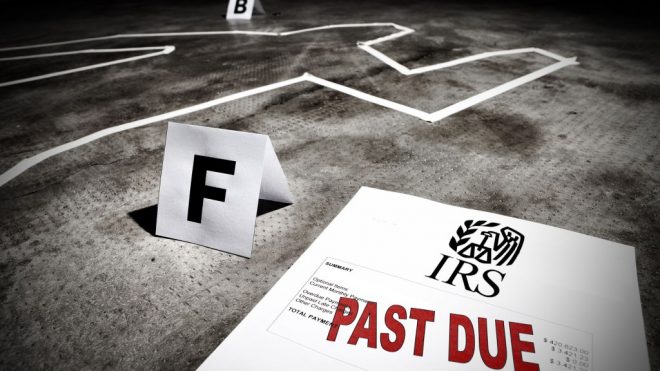Loss is hard. Taxes can make it harder.
When we lose a loved one, it is a difficult time. When the person is young, it becomes almost unbearable.
Nowadays, many young people have student loans, with many averaging around $30,000 in debt. If a sudden death were to occur, the government tries to be helpful and forgive the loan. At first, this seems like a blessing, but soon can become a curse.
Cancellation of Debt Income
When the government forgives a loan, the IRS views the money you would have spent paying loans as income. This is called cancellation of debt income. Since the IRS considers this to be income, it taxes it. This can lead to thousands of dollars of tax burden for already grieving families.
These unexpected taxes cause problems for families. Most do not have that sitting in reserve and ready to hand over to the IRS. Desperate to find funds, many families are forced to dip into their retirement nest egg in order to pay bills.
The importance of good planning.
Nobody plans on tragedy. But we all need to plan to have an asset allocation which allows us flexibility in times of crisis. We need a balance of liquidity, to have some income streams that are readily available in case of emergency. Such as the tax on cancellation of debt income.
Sound financial plans allow for the twists and turns of life, however unfortunate. No matter how unbearable loss is, it does not need to be complicated by financial stress and ruin for those left behind. Keep a strong asset base, and allow that to take care of financial stress so focus stays on grieving.



